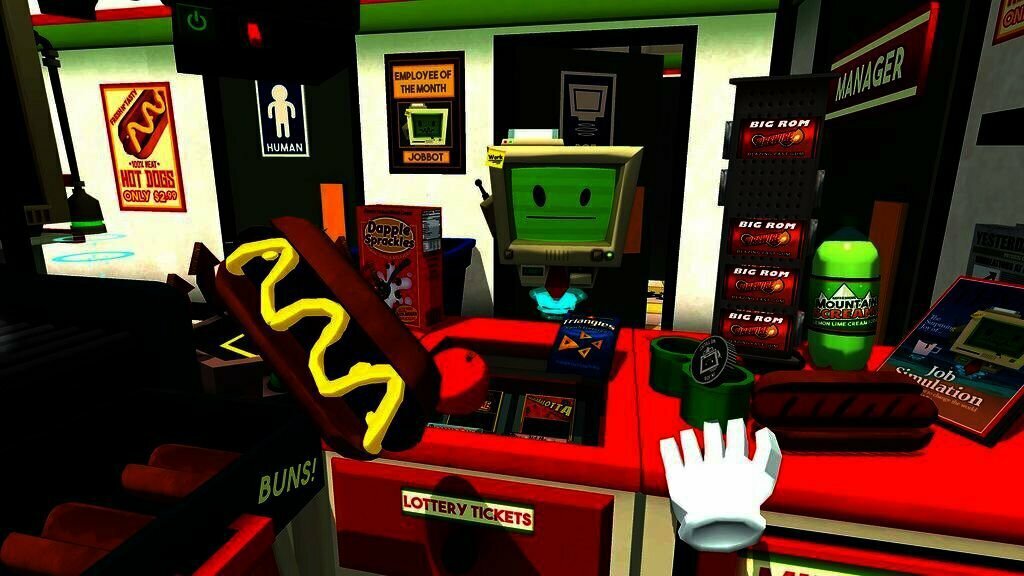

The issue with a lot of devs, both hobbyist and in the triple A industry, is they a very big misunderstanding of how they should look at the market. Simple, they target a market/hence with little to no competition. Sim games expand in complexity to fit the developer's capability, which makes them a very accessible genre to develop for. Maybe I could expand that with water-cooling hose-management and make sure all the parts are rated for water-cooling as part of the design. Or I might make a game where you have to manage cables, clicking the flopping wires into grips along the inside of the casing. I might make a game where you just snap the parts together according to a recipe (plugging RAM into RAM ports, GPU into GPU Port, etc) The complexity can be as deep or shallow as my dev-skills can take me. If I want to make a game about building PCs, all the stats for the components are publically available, and the pieces are fairly simple to 3D model. These games often have quite a narrow and well understood scope, which makes building a game around them relatively easy. Sim games move their complexity into the things that aren't particularly important in other games, so you have to put a whole lot of small things together in your head and actually learn the way things fit together to get anything done. In a farming-sim, you might have to turn the key and put the vehicle into gear before it'll move. Simulation games have a lot to learn before you master them, and achieving the relatively basic game-tasks requires you to have developed an understanding of the tools that other games might not demand of you.Īny other game, you get in a vehicle and it starts its engine and can be driven immediately. In it, he posits that what we most consistently find fun in games is the learning/mastery process. One of my favourite books on the subject of game theory is "A Theory of Fun for game design" by Raph Koster. They're not heart-pounding or particularly exciting, but the process of learning a methodology and mastering the tools is fun too. My experience of them is that they push lots of little dopamine/seratonin buttons at regular intervals. Couldn't help but feel a bit bitter that it turned out to be so much simpler than I'd had it in my head. Wasn't until I didn't have anyone else to jump in like that, and I didn't have the option to pay somebody else to do it, that I finally had to just sit down and figure it out myself out of necessity. I didn't really learn anything, and just walked away feeling like it must be overly complicated and clearly wasn't something I was capable of. No commentary/explanation of what they were doing, nothing. I'd put my neck out to try something, and if it took me more than a few seconds to figure something out, or if I asked for help/advice, they'd just jump in and do it for me. I don't know about others, but I came from a really DIY family, but I think they gave me more of a sense of learned helplessness than anything when it comes to those kinds of skills. And it sort of self-perpetuates, in that, so many people seeing it that way just causes others to see it that way too. Yeah, a ton of people almost make out it to be some esoteric knowledge and skill. Really the biggest thing it's missing is the part where you're screaming obscenities because a crankshaft bolt is seized and takes a whole day to get it undone. Granted, it didn't teach me entirely, but it gave me a pretty good idea what those processes look like and gave me the confidence to give it a serious go. My annual insurance is pretty much paid for in what I save on mechanics bills now Most I had done before then was change a tire. I've replaced the oil, brakes, serpentine belts, alternator, water pump, and the timing belt since then, and threw in a valve adjustment for good measure.
#Job simulator sales manual
Got some tools, a Field Service Manual for my old ass car, and between those and Google/YouTube learned to fix my own car.
#Job simulator sales professional
Looking online, a lot of professional mechanics said it is definitely a simplified version, but is actually pretty accurate anyway. Played Car Mechanic Simulator pretty heavily for a while, and felt like it seemed simpler than the sort of mystified view of mechanics that most people (including me at the time) think of, where it requires a lot of education and experience to do anything, and generally requires someone "mechanically inclined" in the first place.


 0 kommentar(er)
0 kommentar(er)
